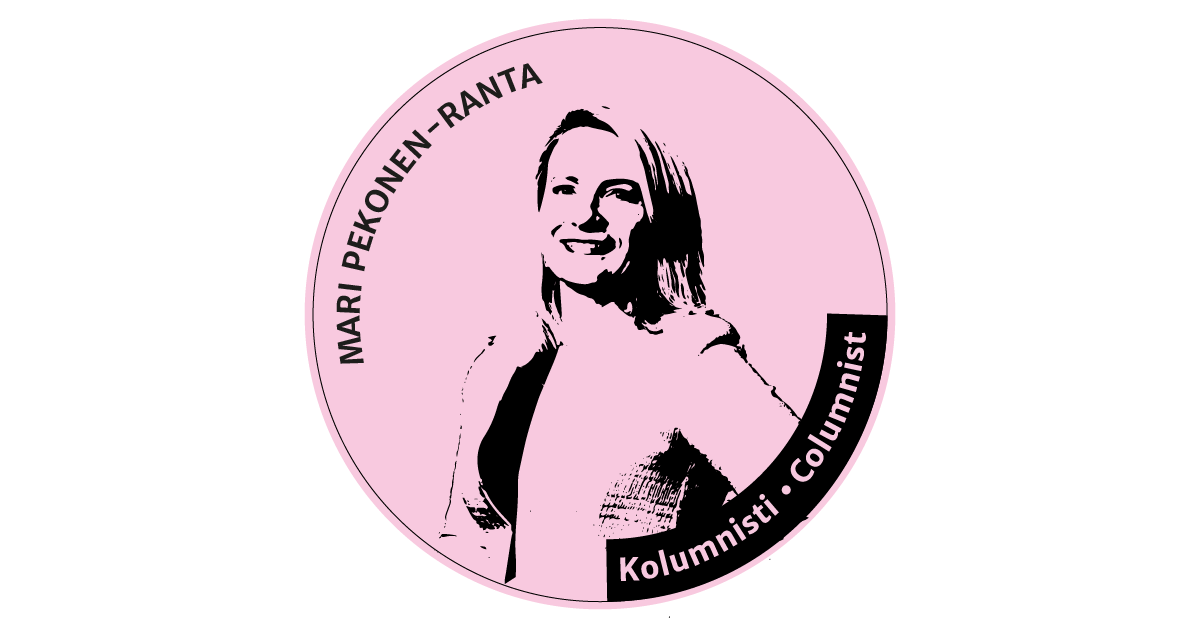
Finance Finland is getting ready for the new EU legislative agenda that will be set next year. We have been meeting with various decision-makers to discuss our objectives and the overall outlook.
The Commission is preparing its new legislative agenda in a very unstable and unpredictable geopolitical environment. Despite the hazy outlook, there are already a number of major developments and challenges visible in the coming years’ regulatory environment that will require reaction from decision-makers, and the financial sector has an important role in many of them. It is vital to identify these future developments so that regulation can ensure the competitiveness, functioning and stability of the financial market and the efficacy of investor protection. Critical challenges currently include the strained world politics, the ensuing need to enhance security, questions of competitiveness, the mitigation of climate change and the uncertain economic outlook.
The world political situation highlights the importance of EU membership for Finland’s political and economic identity. Our goal is for Finland to be an active member in a strong and unified EU. We appreciate the strong emphasis the new Finnish Government has given to Finland’s EU membership and role in the EU. The Government is committed to enhancing Finland’s ability to exercise influence within the EU.
The same focus on EU affairs is present also in Finance Finland’s new strategy for the 2023–2026 period. We have assigned EU lobbying as one of our top priorities and are strengthening our presence in Brussels, the bastion of EU lobbying, by appointing a permanent EU representative.
======
Excessive or poorly targeted regulation is
detrimental to private and retail investment
and the green transition.
======
The financial sector plays a key role in maintaining functional and secure infrastructures in society. This requires that the infrastructures of the other sectors of society are also fully functional. The EU’s strategic autonomy and security are closely intertwined with the financial sector’s functions in many ways. Regulation should support financial sector digitalisation, which enables new innovation, versatile services and more efficient operating models.
For the EU to be a competitive global operator, its policymakers must strike a balance between leeway that facilitates innovation and restrictions that prevent adverse effects. Attention must be paid to the combined impact that the regulatory projects will have on the sector. It is important to evaluate the cost-benefit aspects of the reforms in addition to evaluating their usability, benefits and clarity from the customer perspective.
The EU must ensure its own competitiveness when drafting regulation. This must be done by enhancing the functioning of the single market and ensuring a level playing field for all member states. All Commission proposals must support these aims and include an assessment of their competitiveness impact. Excessive or poorly targeted regulation is detrimental to private and retail investment and the green transition. New legislators must commit to implementing the principles of better regulation and researching new tools for regulatory fitness and performance.
Finance Finland finds it promising that the EU is now drawing the outlines for the development of a deeper and more versatile EU capital market in the coming years. In this work, the diversity of private funding and the movement of capital must be guaranteed. However, non-regulatory approaches must also be taken into account. The development of functioning and versatile capital markets is typically market driven. It is important to ensure that the regulation and supervision of member states is both uniform and efficient, and both qualities must be improved even further. We believe that better results can be achieved by dismantling existing regulatory barriers before drawing up entirely new regulation.
The market and its diversity of options must not be restricted with EU regulation that imposes burdensome obligations or encumbers investors with excessive and unclear information. Nonetheless, we think it important that the development of investor protection keeps pace with social trends when it comes to digitalisation, for example.
Modern, high-quality investor protection, common rules and harmonised supervision are in the best interests of sector participants and customers alike. These elements secure the stability and reliability of European financial markets. However, EU-level regulation cannot fix some member states’ poor implementation or supervision of investor protection, and these issues must instead first be fixed at the national level.
Still have questions?
|Contact the columnist
Looking for more?
Other articles on the topic

The Nordic model for European savings and investments accounts is simply excellent – The Commission would be wise to look to the North

Commission unveils proposal to revive securitisation, aiming to strengthen EU capital markets

How much would the digital euro cost? Initial estimation published

The Brussels regulatory machine is running full throttle – The threshold for new regulatory proposals must be high




